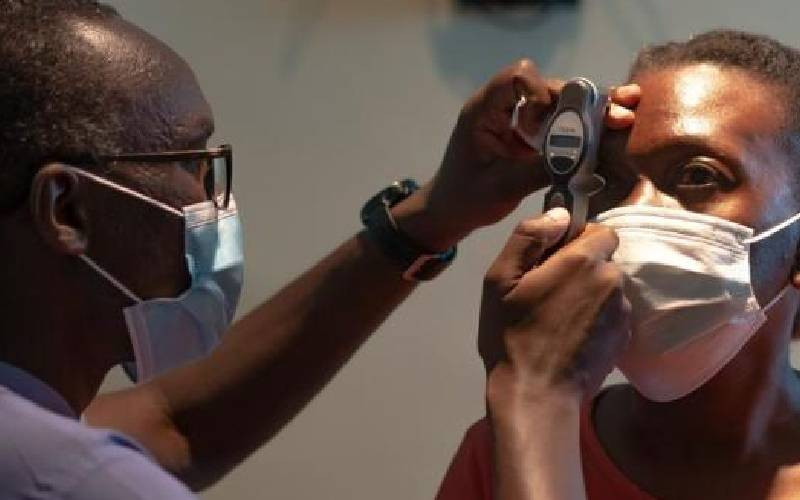×
The Standard e-Paper
Home To Bold Columnists

Blessings Chebe began experiencing eye allergies at three years old and upon joining school had difficulties reading. Light also affected her eyesight, something teachers noticed and informed her parents to seek medical attention.
Her mother, Claire Yego, was given drugs to control the allergy, but the situation worsened and Blessings was forced to stay out of PP2 classes as she could not read or see the blackboard or identify people even at close range.